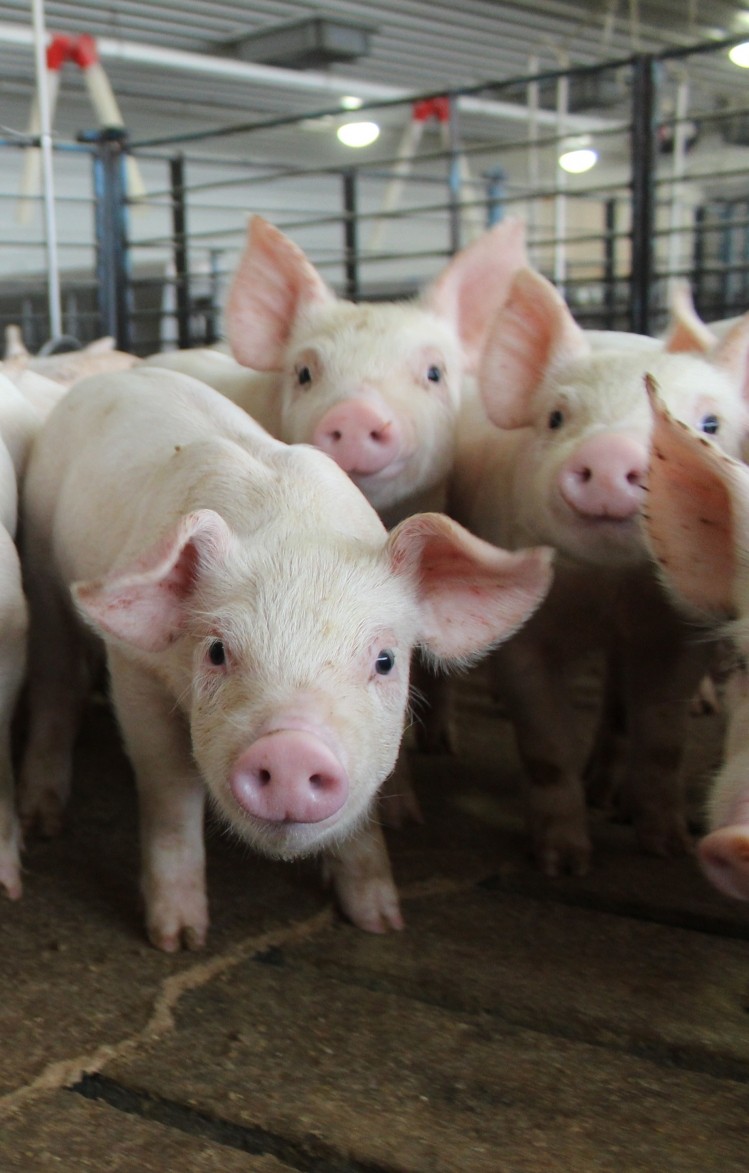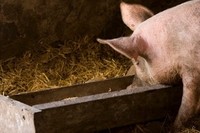'Momentous development for mycotoxin risk management' - Biomin hails EFSA approval of its enzyme for pig feed

The European Food Safety Authority (EFSA) published a positive opinion on the safety and efficacy of Biomin’s FUMzyme yesterday.
It is an enzyme-based feed additive intended to degrade fumonisin mycotoxins in feeds for growing pigs.
FUMzyme is produced from a genetically modified strain of Komagataella pastoris.
Biomin said that EFSA acknowledged the product's efficacy in degrading fumonisins to compounds of significantly lower toxicity in the gastrointestinal tract of animals.
“Until now, the binding of fumonisins to adsorptive substances was the only solution available to counter fumonisin intoxication," said the enzyme producer.
But there are limitations with this approach, said Biomin, in that fumonisins are insufficiently adsorbed by mycotoxin-binding products in the gastrointestinal tract.
The company's 2013 mycotoxin survey found that 21% of all feed ingredient samples analysed contained over 1,000 ppb of fumonisins, a level of fumonisin contamination that poses a medium-to-high health risk for pigs and poultry.
Safe for weaned piglets
EFSA’s Panel on Additives and Products or Substances used in Animal Feed (FEEDAP) found FUMzyme had the capacity to biotransform fumonisins from contaminated pig feed at a minimum dose of 15 U/kg feed.
“Piglets showed no adverse effect when given feed containing approximately 15 times the maximum recommended dose of FUMzyme," said the Panel.
It said the additive is safe for weaned piglets when used at the dose range proposed, which is 15 to 300 units per kg of feed.
EFSA also found the enzyme could be used safely with pigs for fattening.
Studies support positive opinion
The Panel said it based its opinion on a number of short and long-term feeding studies, submitted by Biomin, in which pigs were given feed contaminated with fumonisins with or without the additive.
The trials, said the EFSA experts, showed that the Biomin enzyme significantly reduced the sphinganine/sphingosine ratio of pigs fed fumonisin-contaminated diets with levels above and below EU guidance limits.
Fumonisins are a family of toxins with some 28 members, of which fumonisin B1 is the most prevalent.
They are produced by several species of Fusarium, notably Fusarium verticillioides and Fusarium proliferatum, commonly found as saprophytes on maize, wheat and other cereals.
Fumonisin B1 is hepatotoxic and nephrotoxic in all animal species tested.
While the acute toxicity of fumonisin is low, said EFSA, it is the known cause of two diseases in animals with rapid onset: equine leukoencephalomalacia and porcine pulmonary oedema syndrome.









